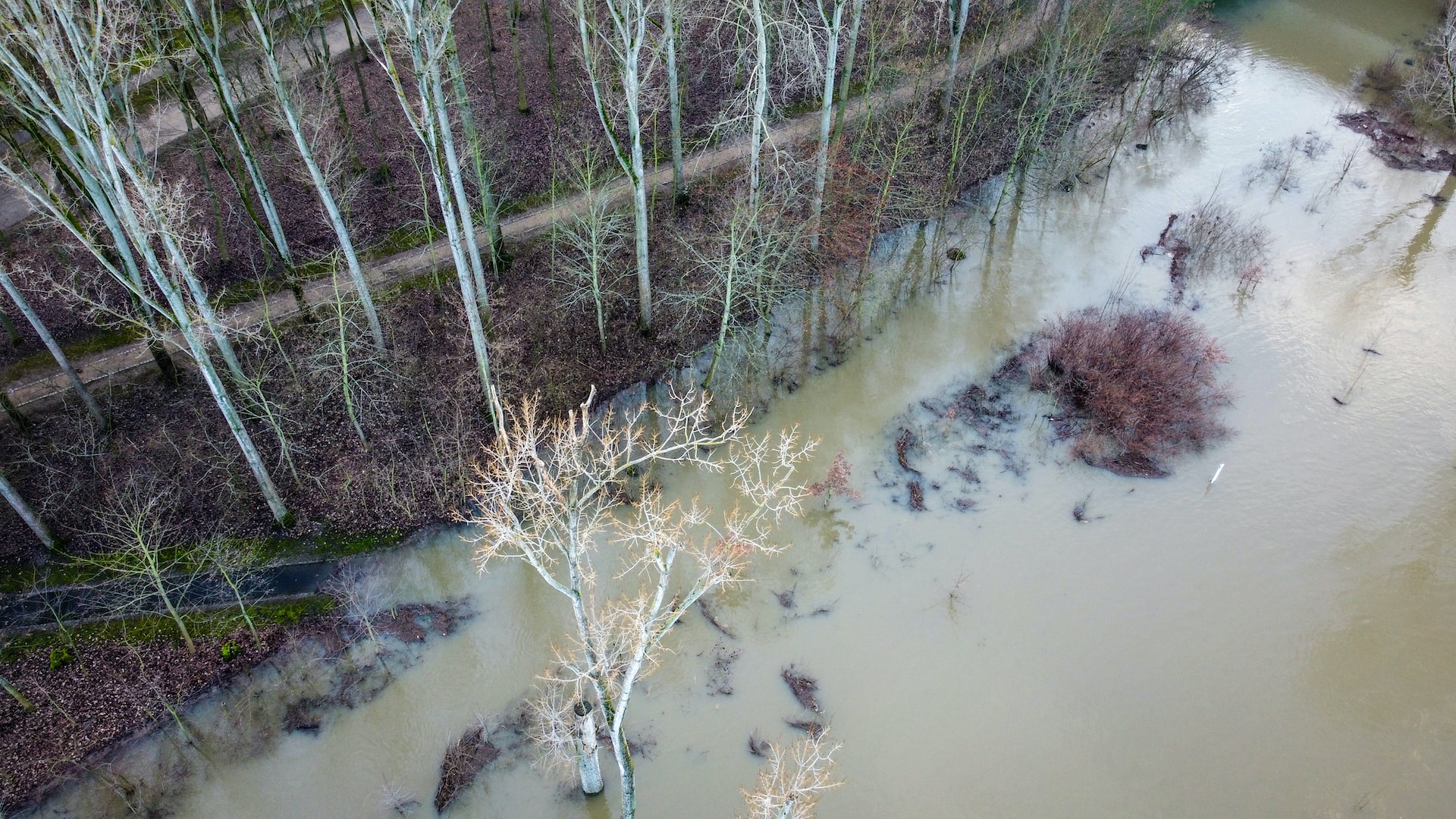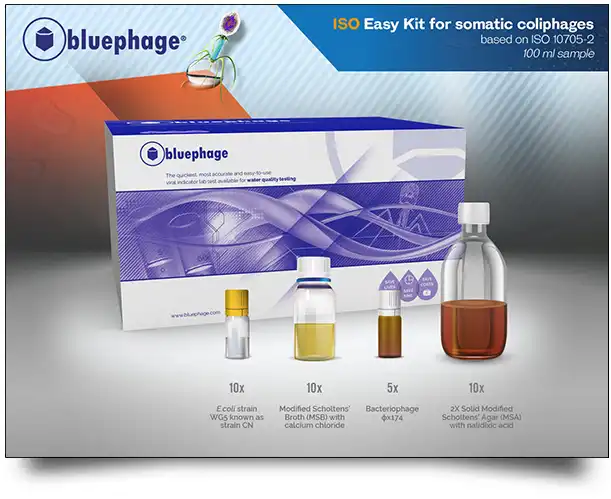BLOG | Bluephage
Abiotic factors that can inactivate coliphages in surface waters and sediments

Climate change accentuates the need to strengthen sanitation, even in wealthy countries with modern wastewater treatment facilities.
A higher incidence of heavy rainfall causing runoff and overflows in external sanitation facilities, rising water temperatures, and water scarcity are already growing the complexity of urban wastewater management.
All those causes accelerate the implementation of increased water reclamation and reuse and, therefore, a higher frequency of water quality controls.
Rivers, lakes, estuaries, and seas routinely receive untreated wastewater and WWTP effluent. Even in regions with state-of-the-art wastewater treatment, such as Europe, there are high levels of fecal microbial contamination, and therefore coliphages as fecal indicators, in surface water bodies. Coliphage concentrations at a given contaminated surface water site are determined by the distance to discharges, effluent volumes, degree of dilution, sedimentation, and inactivation of fecal microorganisms by natural stress factors.
Abiotic factors can inactivate coliphages in surface waters and sediments, such as temperature, exposure to sunlight, natural photosensitizers, and mineral and organic matter in the water, but they are still not a nature-based solutions to combat human-generated waste problems.
Coliphage numbers decline faster at higher temperatures, salinities, and sunlight exposure but at a slower speed (slope of the falling curve) than bacteria. In addition, most inactivation experiments report that coliphages mimic the breakdown of viruses better than FIBs, which generally break down faster.
Coliphages in the aquatic environment have been classified according to the range of temperatures where they could replicate. Although there are some coliphages that can multiply at low temperatures (below 25 – 28C) under laboratory conditions, the necessary threshold concentrations of the coliphages and at the same time of the host bacteria for a productive infection to occur in this low range of temperatures in the environment make its replication in environmental waters very unlikely.
From Bluephage, we stress that more fecal and viral contamination controls to be practiced in all types of water to avoid health risks and increase water reuse.
To this end, we make available rapid, all-in-one, and ready-to-use kits that allow rapid testing with robust results to verify water quality, a practice that should be increased and made routine in all laboratories as a consequence of the causes of climate change.


